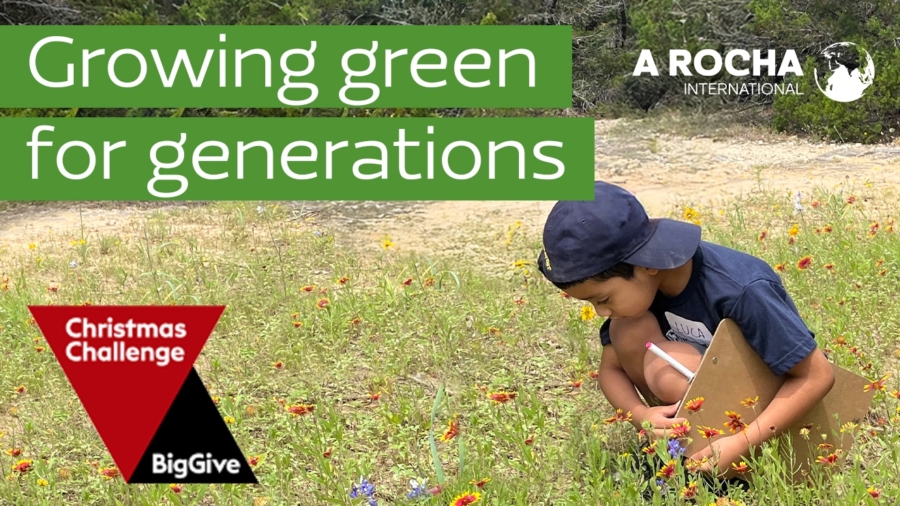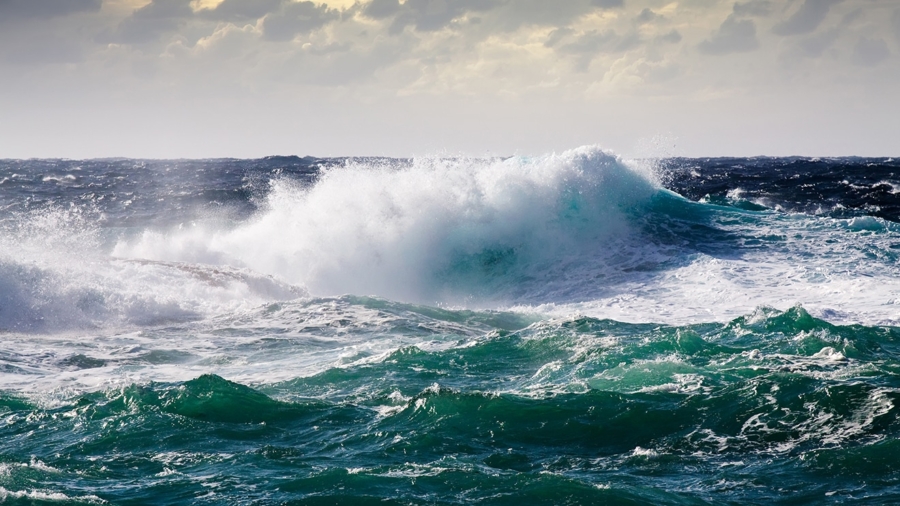Double your impact
We’re excited to let you know that in 2026, with your help, we hope to mobilize and equip over 35,000 young people to care for creation. Every region of the world is experiencing acute crises of biodiversity loss and climate change. Species and habitats, tropical forests and reefs are being lost daily. Temperatures are rising while governments cut funding for conservation programmes. With their futures at stake, young people care deeply about the state of the world and want to contribute to solutions. However, they can be paralyzed by eco anxiety, lack relevant training or simply don’t know where to begin.
Investing in young people has always been an important part of the A Rocha mission. We have been selected to participate in the Big Give Christmas Challenge again and this year your support will help us reach even more young people through Environmental Education programmes, internships, volunteer placements, capacity building and youth-led research projects. Your gift will equip young people to understand better the connection between creation care and the Christian faith. Reaching this many young people would make a significant impact and we’d love your support.
The Christmas Challenge kicks off at noon (GMT) on #GivingTuesday, 2 December and continues until noon GMT on 9 December. During that time, every contribution made through our campaign page on the Big Give Christmas Challenge website* will be DOUBLED.
One donation, twice the impact.
*Please note that only donations made through our campaign page on the Big Give website between 2-9 December are eligible to be doubled (while match funds last). The donate button will appear on the campaign page when the Christmas Challenge launches.


